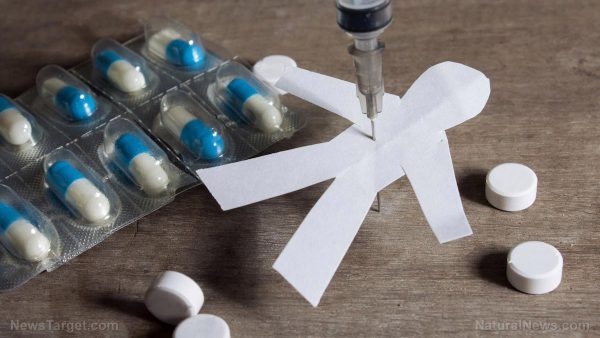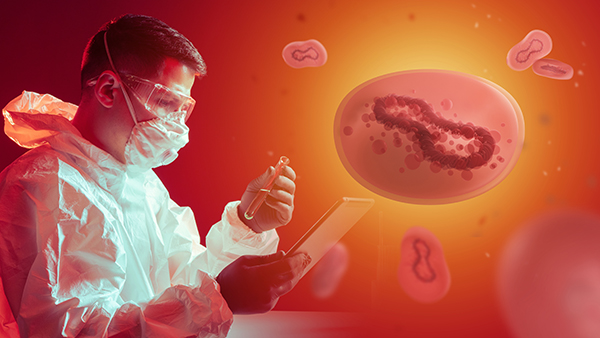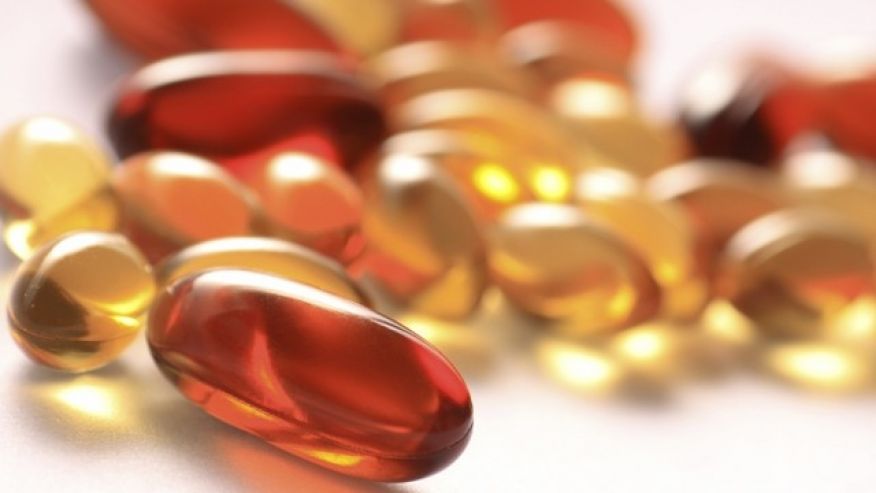 Parler
Parler Gab
Gab
- A low-sodium, no-dairy diet
- A low-sodium, high-cheese diet
- A high-sodium, no-dairy diet
- A high-sodium, high-cheese diet
Health benefits of cheese
Contrary to popular belief, cheese can be good for you. However, the best way to enjoy the health benefits of cheese is by consuming it moderately. Cheese is considered a whole food, which is generally good for your health as long as you don't eat too much. Here are some reasons to add cheese to a balanced diet: Cheese is nutritious Cheese is full of nutrients like calcium, fat and protein. It also contains high amounts of vitamins A and B12, and nutrients like phosphorus, riboflavin and zinc. According to U.S. Dairy, the overall nutritional profile of conventional, organic and grass-fed dairy products is similar. Grass-fed cheese is made from the milk of 100 percent grass-fed animals. A diet high in grass-fed dairy may provide a healthier balance of omega-6 and omega-3 fatty acids than diets that include conventional dairy. Omega-3 fats are important for your heart and metabolic health. Grass-fed dairy products cost more than standard versions and some individuals may choose to purchase them for their higher omega-3 content. However, more research is needed to verify if this difference in nutrients is large enough to have significant benefits in an average U.S. diet. Cheese can help protect your teeth from cavities According to some studies, cheese, and dairy products, in general, can help protect your teeth from cavities. Data from a 2015 Danish study, showed children with an above-average dairy intake were more likely to be cavity-free after three years compared to kids with a below-average intake. Cheese is a source of conjugated linoleic acid (CLA) High-fat cheeses like blue cheese, Brie and cheddar contain small amounts of conjugated linoleic acid (CLA). CLA is a healthy fat that may help prevent obesity and heart disease. CLA may also help reduce inflammation. Data shows that cheddar cheese sourced from 100 percent grass-fed animals contained twice as much CLA as conventional cheddar. But experts explained that it’s not clear whether switching to grass-fed cheese would have overall nutritional benefits in an average U.S. diet. Follow a balanced diet and eat cheese in moderation to protect yourself against salt damage. Watch the video below to learn how to make keto mac and cheese at home. This video is from the Maraton Keto channel on Brighteon.com.More related stories:
Fermented cheese whey can reduce symptoms of atherosclerosis. Enjoy your cheese! New research says it’s probably good for you after all. Researchers attempt to develop a probiotic-rich feta cheese. Sources: IntegrativePractitioner.com Healthline.com BonAppetit.com 1 BonAppetit.com 2 FoodFaithFitness.com Brighteon.comVirology Journal paper confirms covid jabs deplete immune function over time
By Ethan Huff // Share
Researchers find monkeypox virus in patients’ saliva, semen and other bodily fluids
By Kevin Hughes // Share
Study: Green coffee bean extract can help people lose weight
By Zoey Sky // Share
Study shows combining quercetin and tocotrienols can help fight cancer
By Zoey Sky // Share
Detrimental levels of pharmaceutical pollutants found in 43.5% of world’s rivers
By Belle Carter // Share
Governments continue to obscure COVID-19 vaccine data amid rising concerns over excess deaths
By patricklewis // Share
Tech giant Microsoft backs EXTINCTION with its support of carbon capture programs
By ramontomeydw // Share
Germany to resume arms exports to Israel despite repeated ceasefire violations
By isabelle // Share










